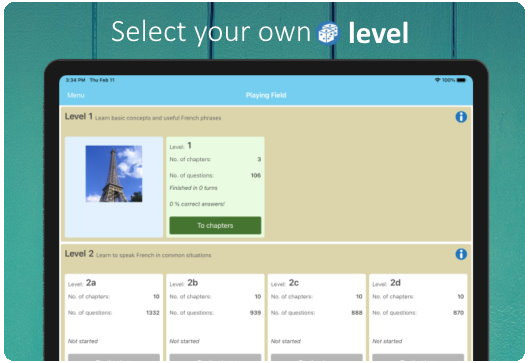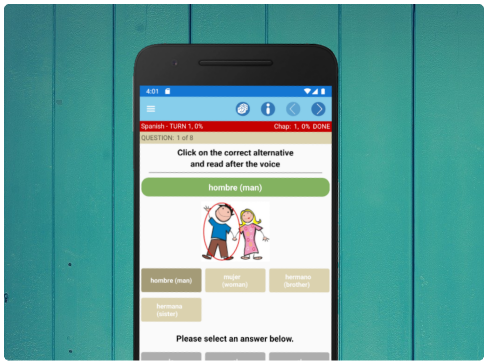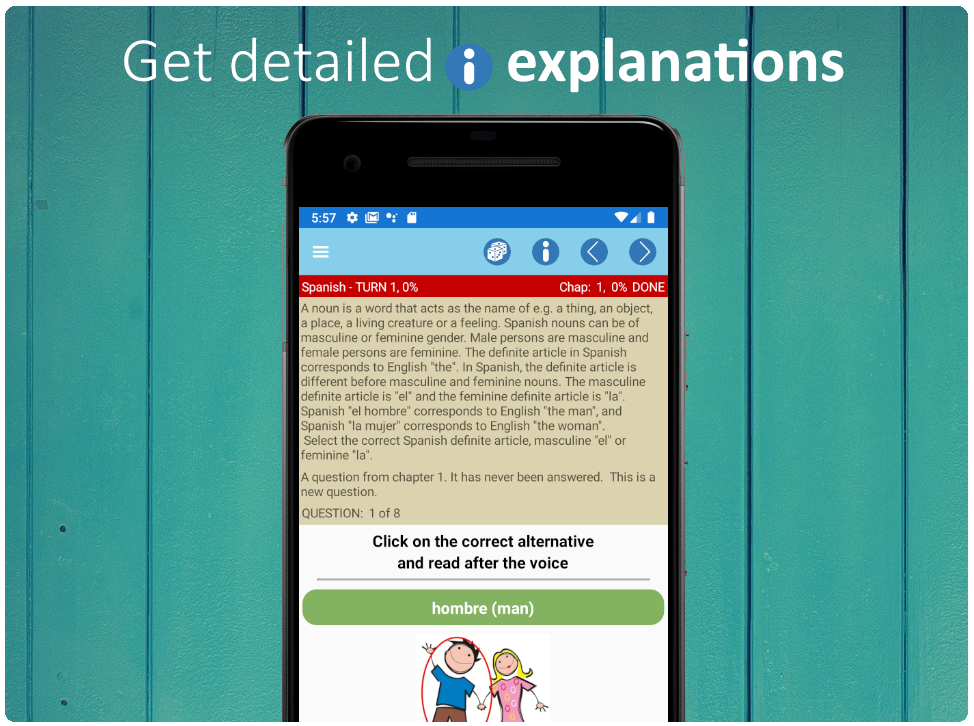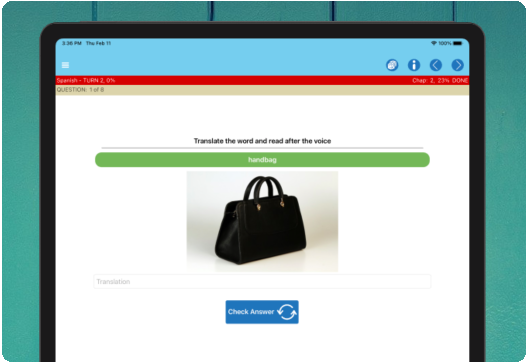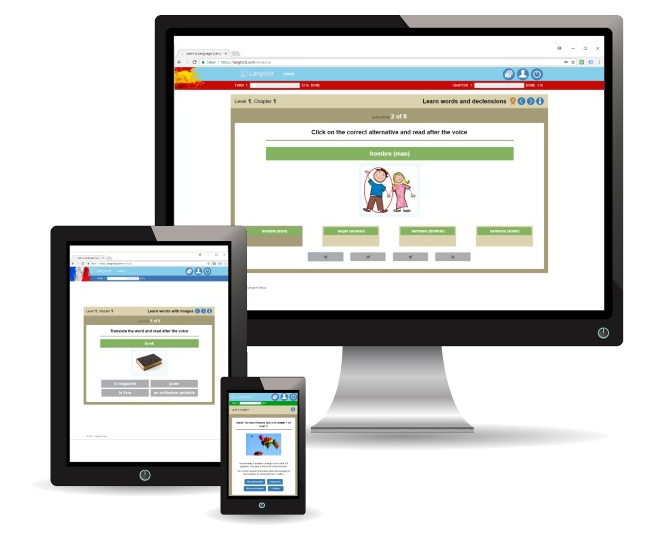
Spanish nouns
Nouns make up the largest class of words
To learn fluent Spanish you need to know about 4.000 nouns
Langbird contains that and even more
Nouns designate things, persons and living beings
They can also designate abstract concepts
Nouns are often subjects of clauses or objects of verbs
